On a humid day in early 1951, more than 12,000 former Indonesian soldiers from the Royal Netherlands East Indies Army, or Koninklijk Nederlands-Indisch Leger, and their families boarded sailing ships for the Netherlands to start a new life. Most were from the Maluku Islands. Among the passengers on board the vessel, named the New Australia, was a 5-year-old Muslim boy named Ibrahim Lessy, along with his parents and three other relatives. There were 70 other Muslim families, who were a minority in Christian-dominated Maluku, aboard the ship, which arrived at the Port of Amsterdam on April 29, 1951.
In their new land, the Indonesian migrants were placed in several settlement camps and established their own community based on clans, which did not assimilate into the local Dutch population. In 1954, the Muslim migrants were segregated from the Christians and placed in a camp in the northwest Dutch province of Friesland. At first isolated from the Dutch population, the Muslim Indonesians began to assimilate, while still practicing their native culture. This did not continue among the generation that followed, however. The younger Malukans grew up speaking and acting like any indigenous Dutch person.
Today, only a few members of the pioneer generation are left, long retired and limited by old age. The second and third generations now number some 50,000 people. Now 70 years old, Ibrahim Lessy remains active as the head of the An Nur Foundation in the southern Dutch city of Waalwijk. He promotes Islam and has forged partnerships with other religious groups across the city. For his dedication and work, he was given the Lid in Orde van Oranje-Nassau, a Dutch knighthood, by Queen Beatrix in 2008. He was the first Malukan Muslim to receive the honor.






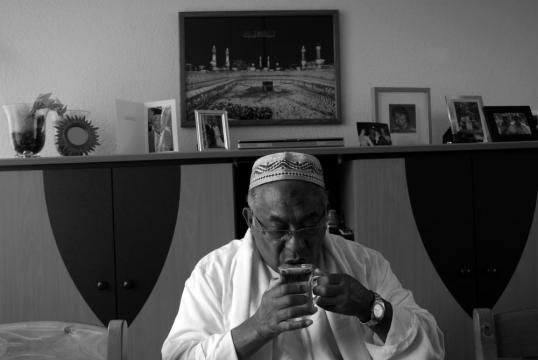
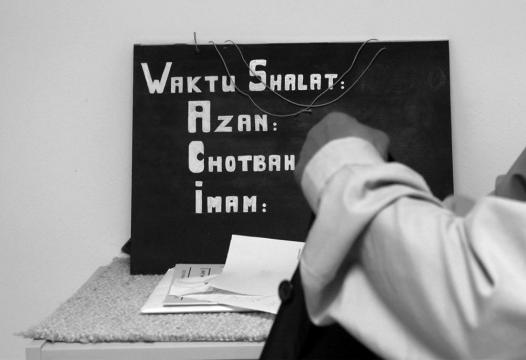
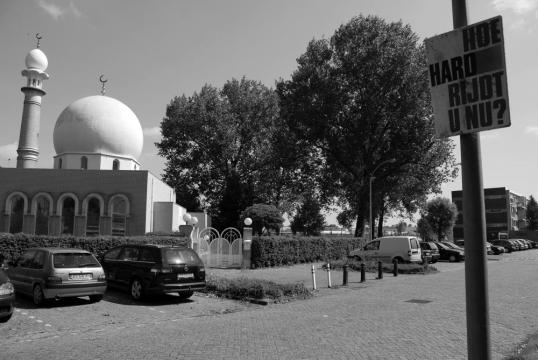

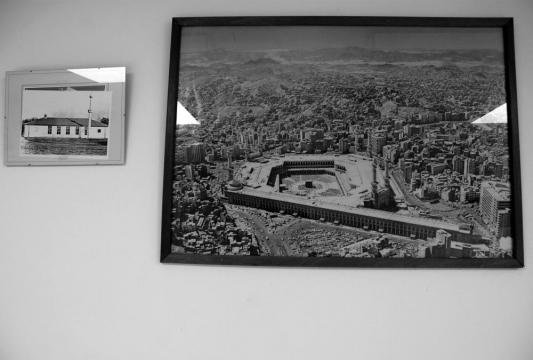

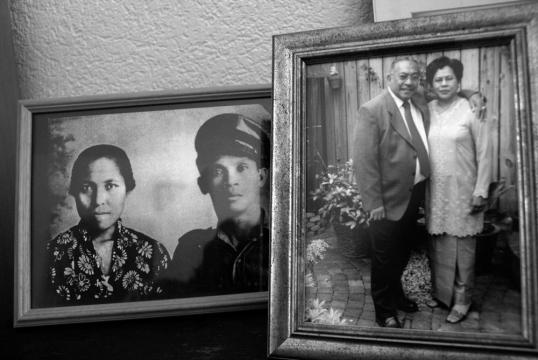
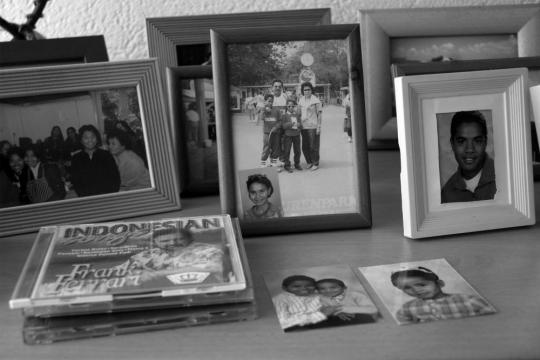
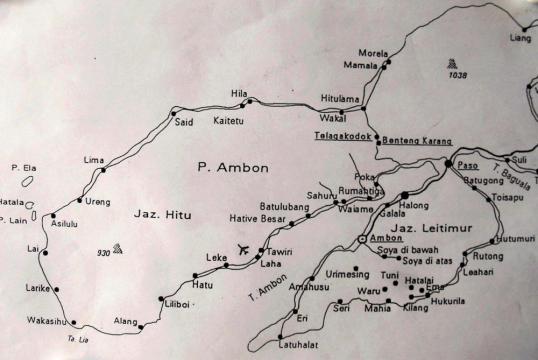
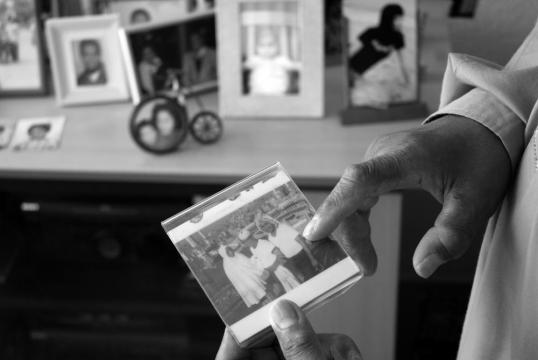
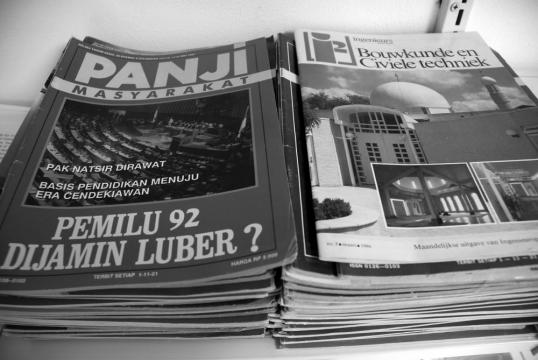
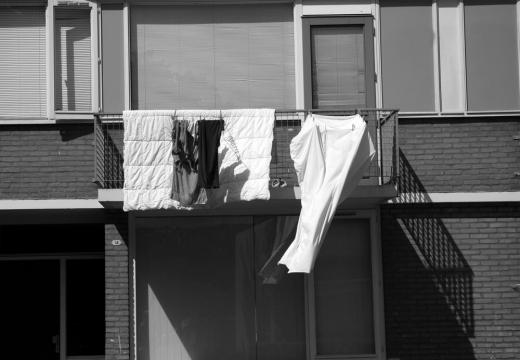

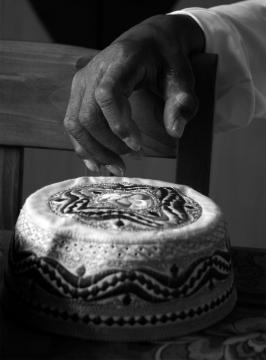
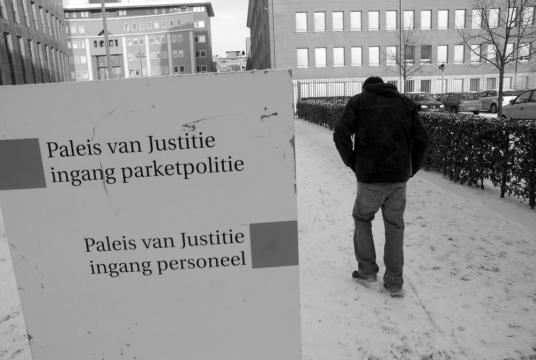
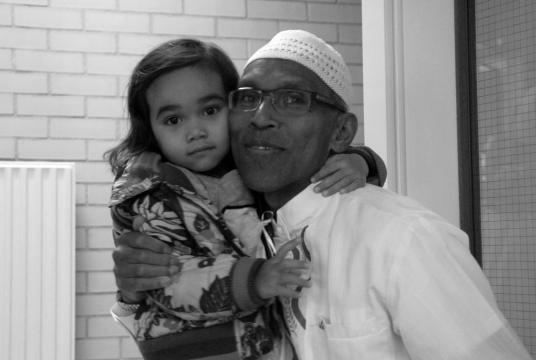
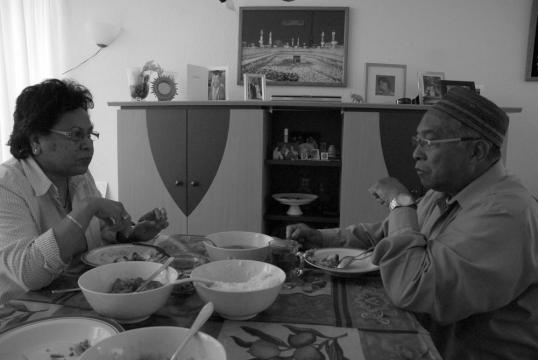
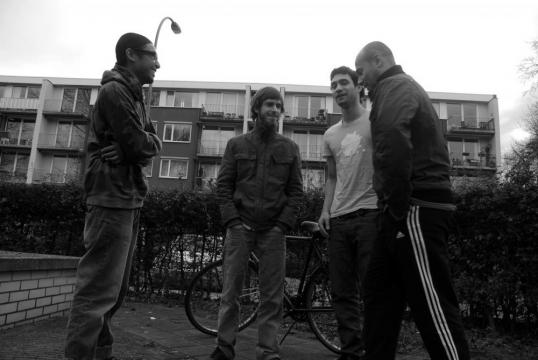
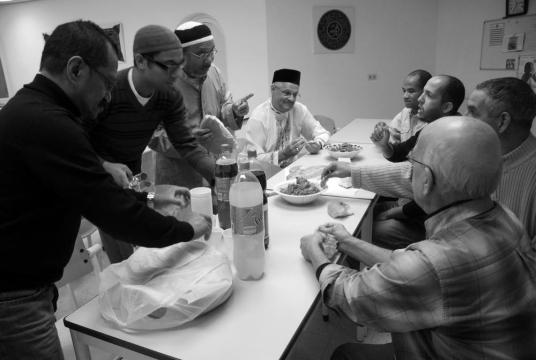
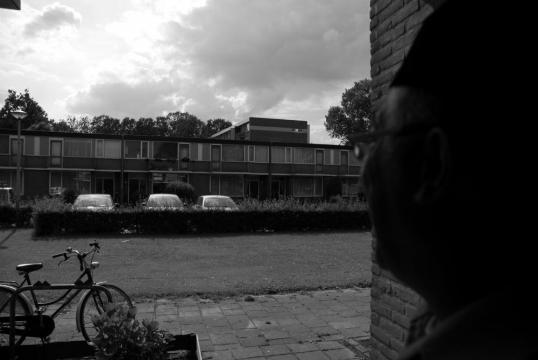
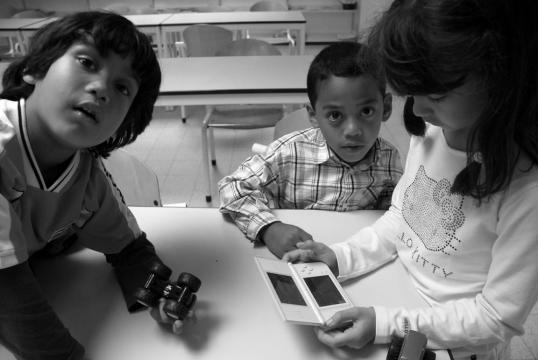
 that was given to him by dutch queen in 2008 _nico haryono_o2a04w2mh6wb7078pvu202.jpg)
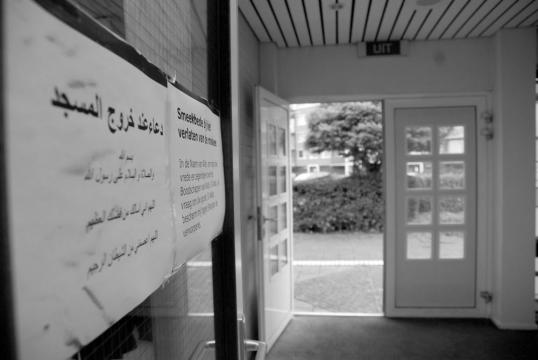
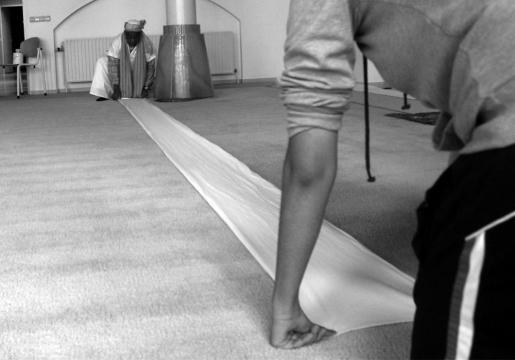
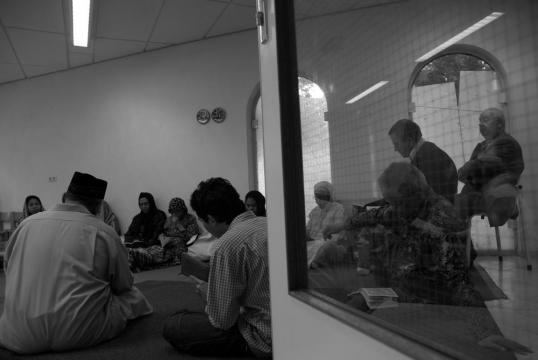
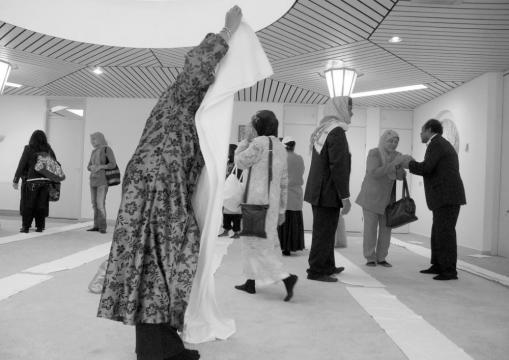
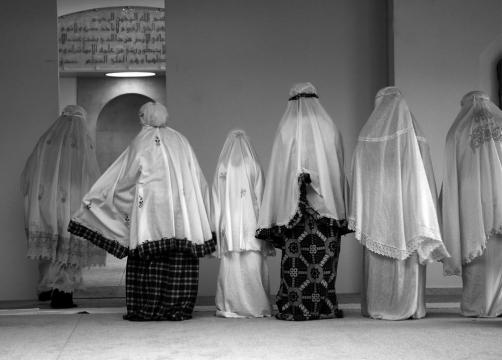











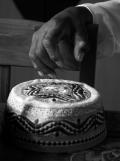







 that was given to him by dutch queen in 2008 _nico haryono_uk4mi26w5366n3g72mhdig.jpg)








 resized.png)
